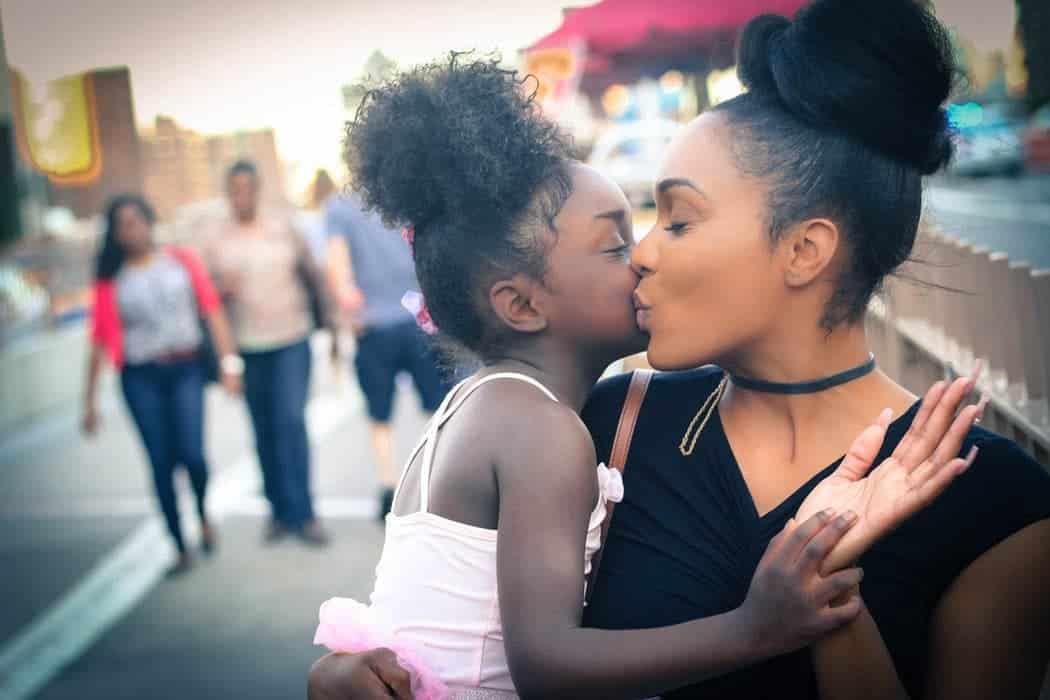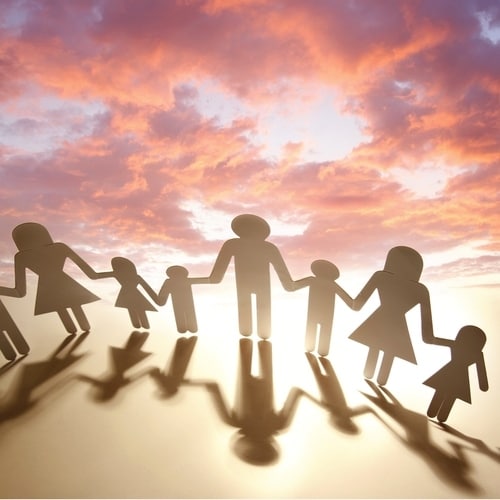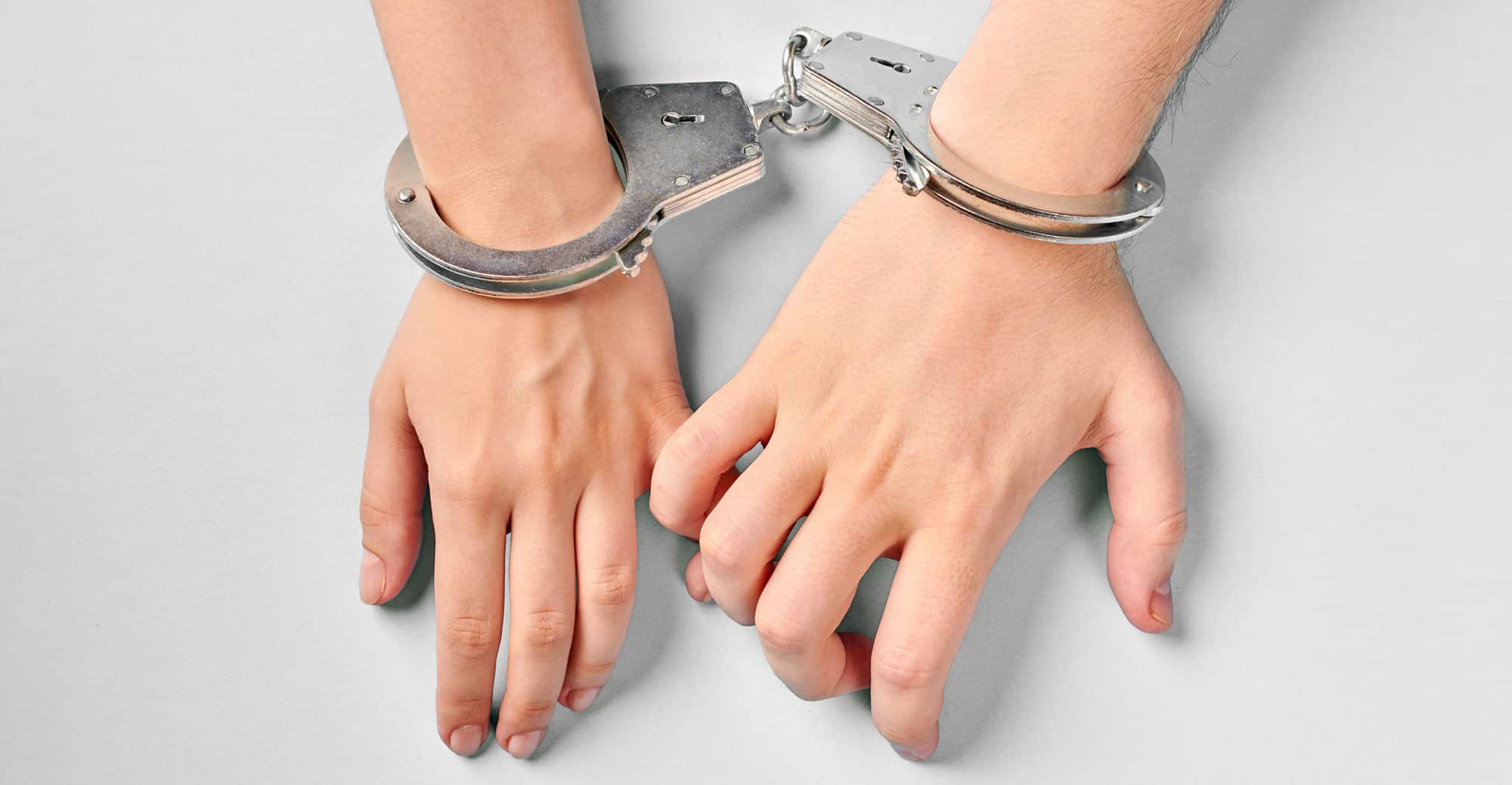
The Subtle Cues of Communication
“You cannot ‘not’ communicate.” Read More

“You cannot ‘not’ communicate.” Read More

If I had been more honest with myself and diagrammed my family when my children were young, I would… Read More

By: Dr. Georgia Fourlas, LCSW, LISAC, CSAT, Clinical Director of Rio Retreat Center Workshops Partners of sex addicts often find themselves feeling alone and isolated. First, the feelings of loneliness come when the addicted partner acts out. Although the partner of the sex addict is not always able to… Read More

By: Jerry Law D.Min, MDAAC, CIP, Program Director of Family Education and Leadership Training for Meadows Behavioral Healthcare Dave and Sue were immediately hit with that sinking feeling in the gut, having received a call that their son was arrested for solicitation of a sex worker. Tammy found a suspicious… Read More

By Tian Dayton, Ph.D. The word codependency touched a nerve when it first plowed its way into our everyday vernacular. Initially, it grew out of the twelve-step term co-addict, which was a way of describing the spouse of the addict; however, as it didn’t tell the right story, it… Read More

Relationships are hard. There’s no getting around it. Put more than one person in the same place for long enough and you’re sure to have problems. It’s as certain as death, taxes, and computer problems. In his book Your Brain on Love, Dr. Stan Tatkin says that “there really is nothing more difficult on the planet than another person…nothing.” I tend to agree with him. My personal history with relationships and my work as working as a Marriage and Family Therapist seem to confirm that there’s nothing that will complicate your life more than another human. As much as we desire and need other people in our life, we simply cannot avoid the pain and conflict that inevitably comes when we enter a relationship. It’s a catch-22 of the human condition. Read More

There is nothing quite like the holidays to bring a family closer together or to drive them even further apart. Families and holidays can be wonderful. However, they can also be painful and traumatic. Even the best families can have some holiday drama. Read More

By Thomas Gagliano, MSW In order to understand why religious families inadvertently and at times unintentionally create an environment where their children run to addiction rather than God as their coping mechanism, we must first begin by understanding the mindset of a child. When we look back on our childhood, we look back through adult lenses. Since then, we have grown by our maturity and life experiences, which may have distorted the truth of our childhood. Many of us carry messages that tell us we are bad children if we get mad at our parents or disagree with them. This message can have a profound impact on the way the person feels about himself or herself in adulthood. It is important to respect our parents but we can also have different opinions. A child needs to feel their opinion is important to their parents or the child may feel he or she isn’t important. Validating and acknowledging a child’s feelings is essential if they are to have self-worth. If children are afraid to share their true feelings and doubts in fear of reprisal then who can they trust? All of these messages set up the destructive entitlement that leads to addiction. It’s no coincidence that most addictions begin before the age of 18. Read More

By: Dr. Georgia Fourlas, LCSW, LISAC, CSAT, Rio Retreat Center Lead Therapist There is an indescribable beauty in watching participants move into a deeper level of intimacy after struggling through the destruction of sexual addiction. Read More

By: Jon G. Caldwell, D.O. During my first meeting with Rebecca (as I will call her), I asked about her family history of mental and emotional difficulties, which can tell me something about her genetic susceptibilities, and about her early life experience with caregivers. These two elements of the evaluation… Read More